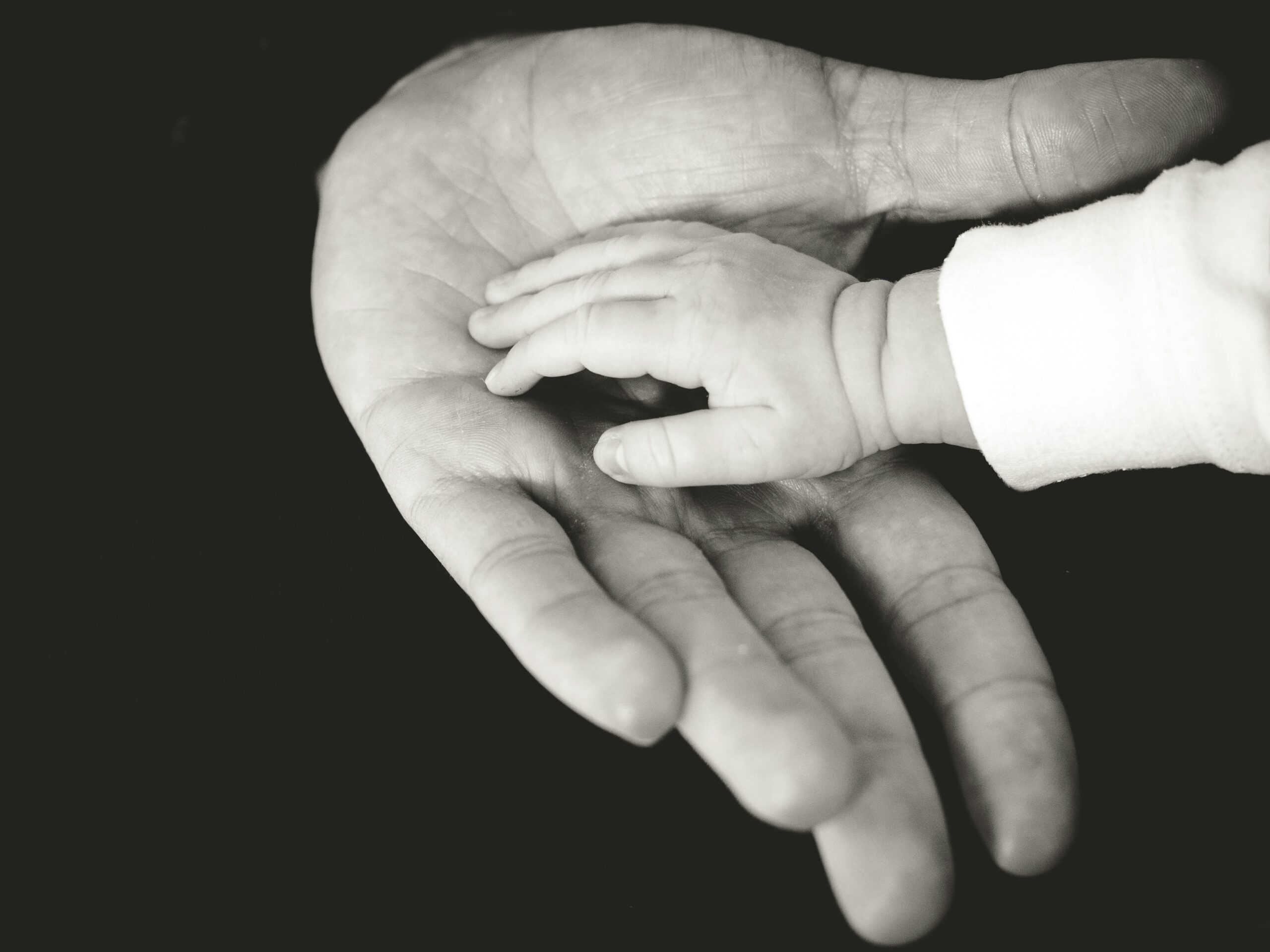The Postpartum Journey: An Understanding for Moms Battling “Baby Blues” and Postpartum
Baby blues. Postpartum.
Such simple phrases that hold so much weight to those of us who experience them. They are the things holding you back from living. Being a mom is experiencing intricate emotions, where each day ushers in new feelings often unexplored and unpredictable while you try to figure out your new normal. It’s the delicate process of striving to find a balance amidst a constantly evolving child and, therefore, constantly evolving life.
Welcoming a new life into the world is a miraculous experience, yet the postpartum period often comes with a rollercoaster of emotions that can be overwhelming. If you’re a mom navigating the challenging terrain of postpartum and finding yourself tangled in the web of baby blues, you’re not alone. This journey is unique for every mom, and it’s okay to feel a bit lost.



So, let’s explore the depths of postpartum, finding an understanding for moms seeking answers, comfort, and support. Whether you’re in the midst of baby blues or just curious about what postpartum truly looks like, let’s understand what these emotions are.
What is Postpartum
Understanding the Shades of Postpartum:
Being a mom is an act of continual giving—pouring out love, support, and guidance for your child, day in and day out. It’s an understanding that the journey of motherhood is a perpetual exchange, a continuous flow of emotions, care, and unwavering dedication. In this endless cycle of emotions and care, being a mom is a testament to the incredible strength, resilience, and depth of love that permeates every moment, binding both heart and soul in an unbreakable bond.
Being a mom is helping a little soul navigate their world while still trying to figure out the intricacies of your own. It’s a family journey—one where your guidance and support is the foundation of your child’s growth and development. You are constantly guiding your child’s curiosity towards things that help them progress while you learn what that looks like for you. That is a heavy burden at times.
How do you help your child figure it emotions when you can’t even control your own?
Remember:
You are not alone in your feelings. According to the National Library of Medicine, about one in five mothers experiences a form of postpartum depression.
It is a Real Thing
The Mayo Clinic explains that there might be a dramatic drop in your hormones which will contribute toward your feelings. So, this is not all in your head.
It's Okay
You are not a bad mom if you are struggling to figure out motherhood. You are figuring out mothering just as your little one is figuring out life. Remember that you can shift your perspective when life doesn’t go according to plan. Check out “Letting Go of the Illusion of Control.”
The Postpartum Journey: An Understanding for Moms Battling “Baby Blues” and Postpartum
My Postpartum is Different than Other Moms I know:
Postpartum isn’t a one-size-fits-all experience; it’s a combination of individual stories and unique paths. Some moms seamlessly transition into motherhood, while others may find the journey more challenging. It’s essential to embrace your own narrative and not compare it to others.
Postpartum is a complex idea that is not well understood by those who don’t experience it, a complex compilation of emotions and experiences. From the sheer joy of holding your newborn to the challenges that come with sleepless nights and adjusting to a new routine, it’s a journey filled with peaks and valleys.
To the moms who feel they aren’t in control—the moms who are paralyzed by anxiety or swallowed up in depression—you are seen. You are heard. When the world tells you it’s your “hormones” like some kind of unseen and fictitious mental disorder, I’m here to tell you those hormones are real, and the inability to understand and control them is real.


For many moms, the term “baby blues” may surface in conversations, leaving them pondering its true nature. Baby blues are a common phenomenon, often characterized by mood swings, weepiness, and feelings of vulnerability. It’s crucial to acknowledge that these emotions are normal and can be a result of hormonal fluctuations and the overwhelming nature of new motherhood.
Overcoming the Baby Blues:
It doesn’t mean you are weak if you seek help from a medical professional. I think it is the opposite. If you feel like you are drowning, it shows a great form of strength to reach out and overcome the pride associated with needing to figure it out yourself. Reach out to your support system, whether it’s a partner, family, friends, or a medical professional, and share your feelings openly.
Self-care becomes a beacon of light during this journey. Taking small moments for yourself, whether it’s a warm bath, a short walk, or indulging in a favorite book, can significantly impact your well-being. Remember, prioritizing your mental and emotional health is crucial for both you and your baby.
Do I wish I had never endured postpartum depression? Absolutely. But to deny the experience is to deny who I am.
I am not a licensed mental health professional. The content provided in this blog is based on personal experiences, research, and general knowledge. It is not intended to be a substitute for professional advice, diagnosis, or treatment. Always seek the advice of your physician or another qualified health provider with any questions you may have regarding a medical condition.
